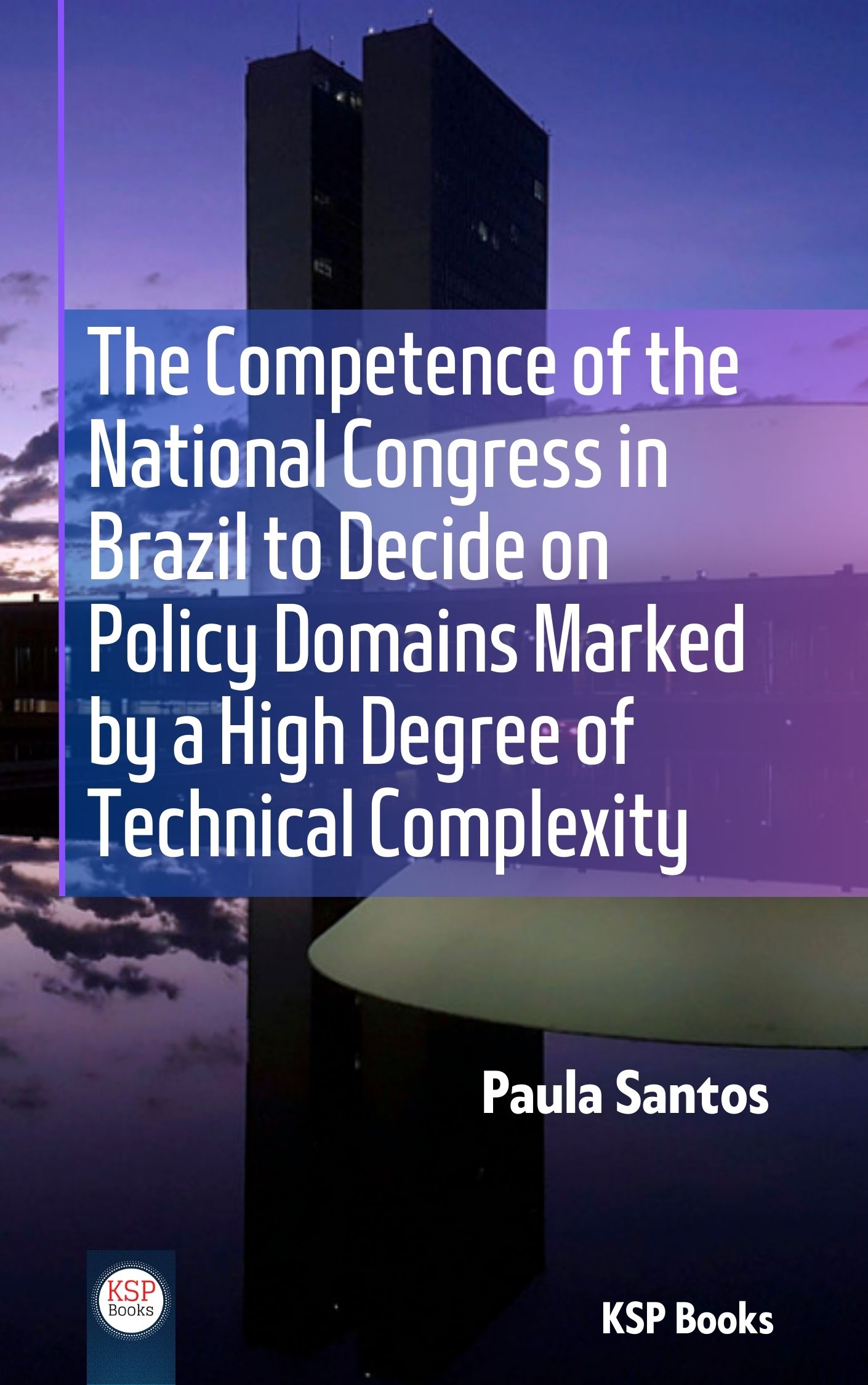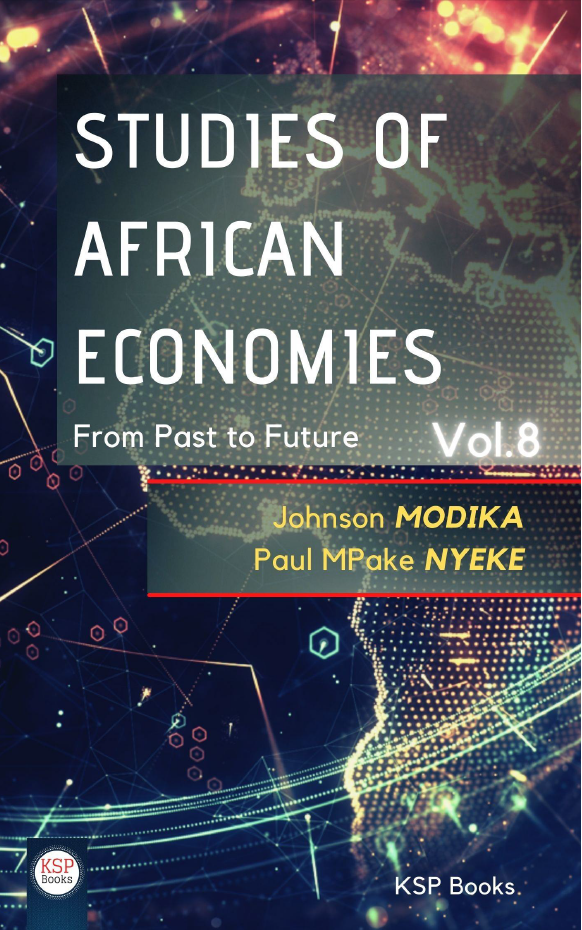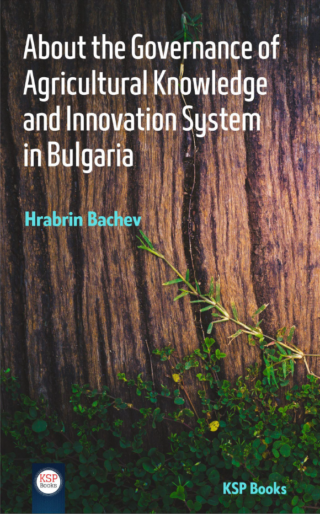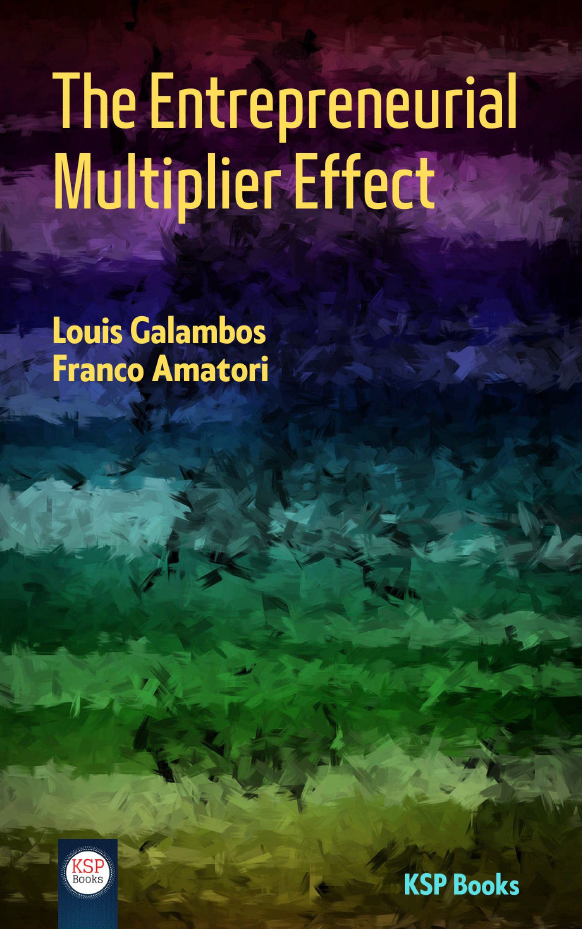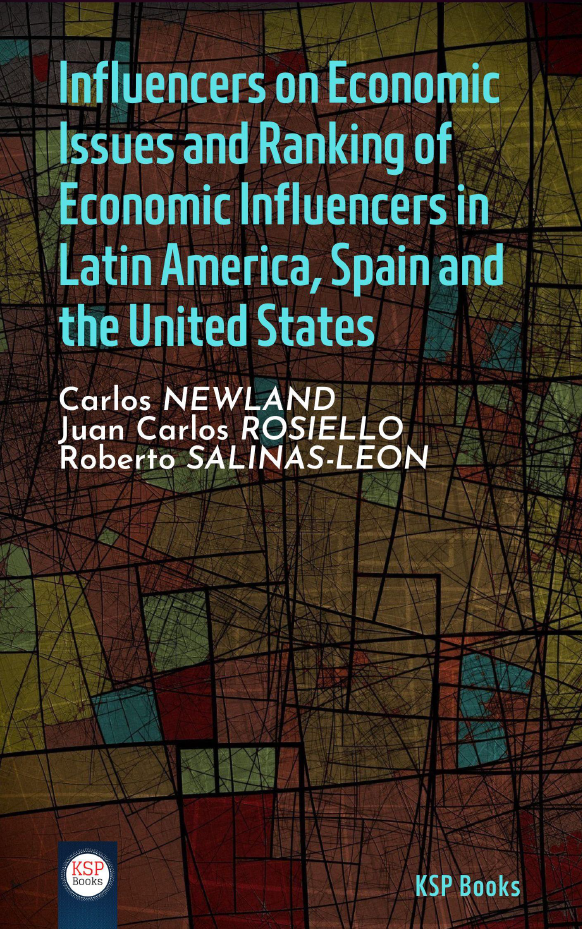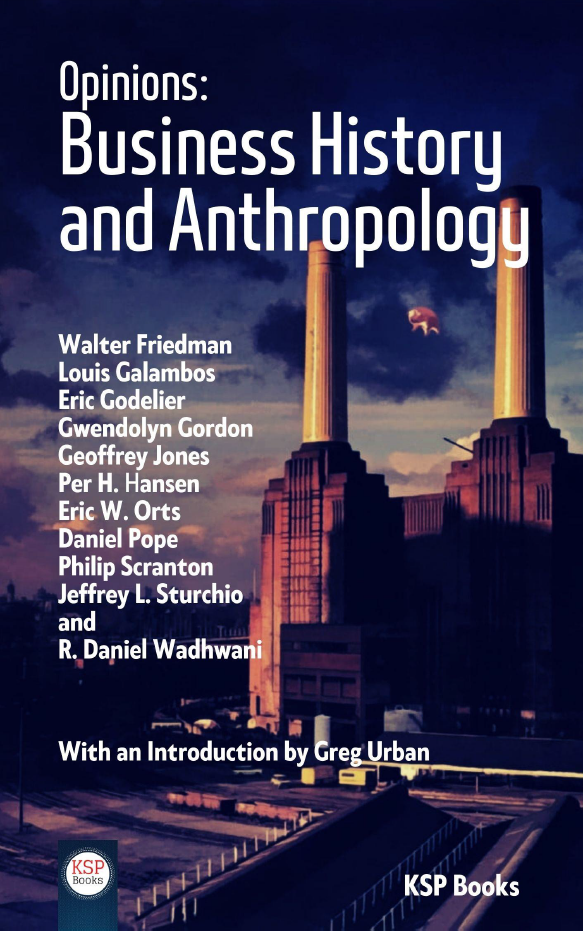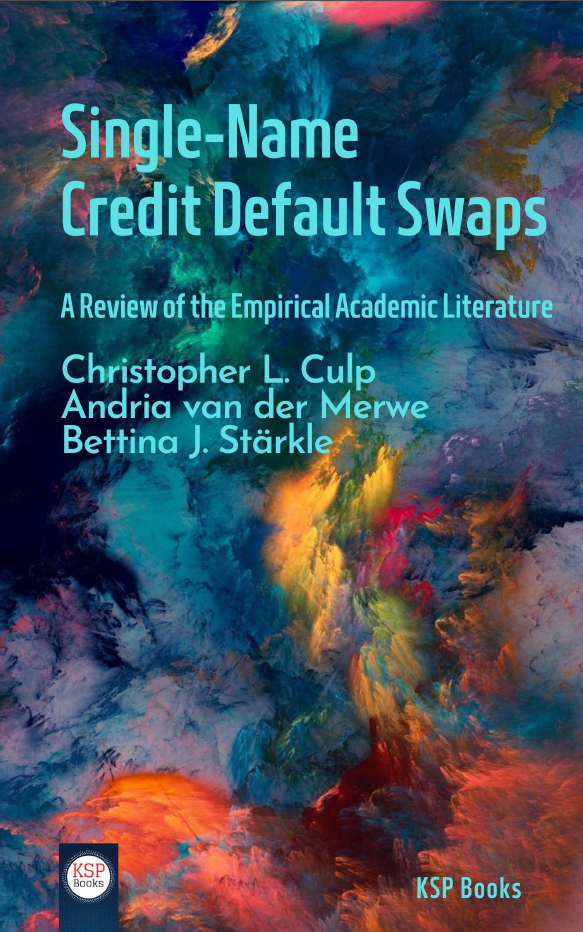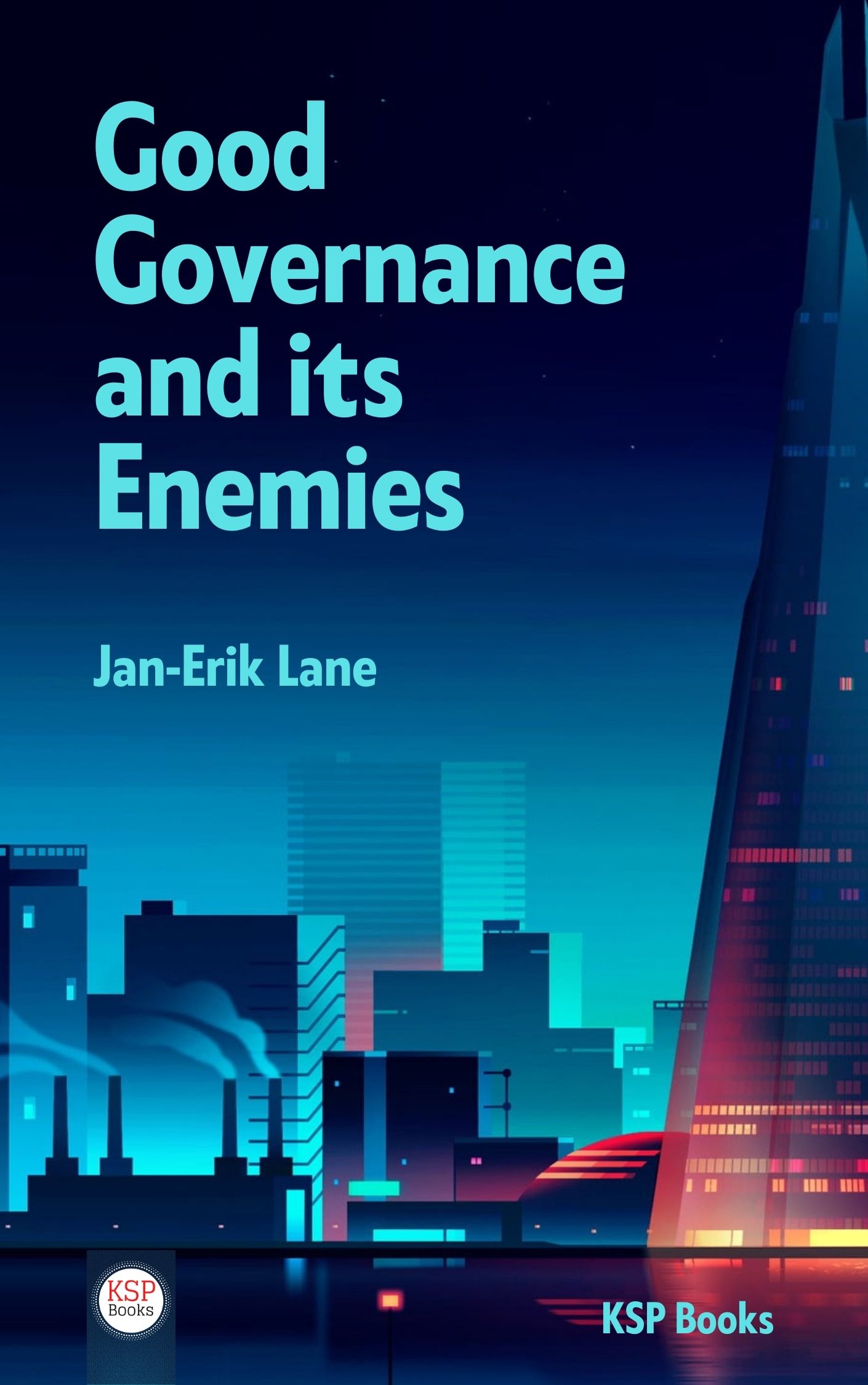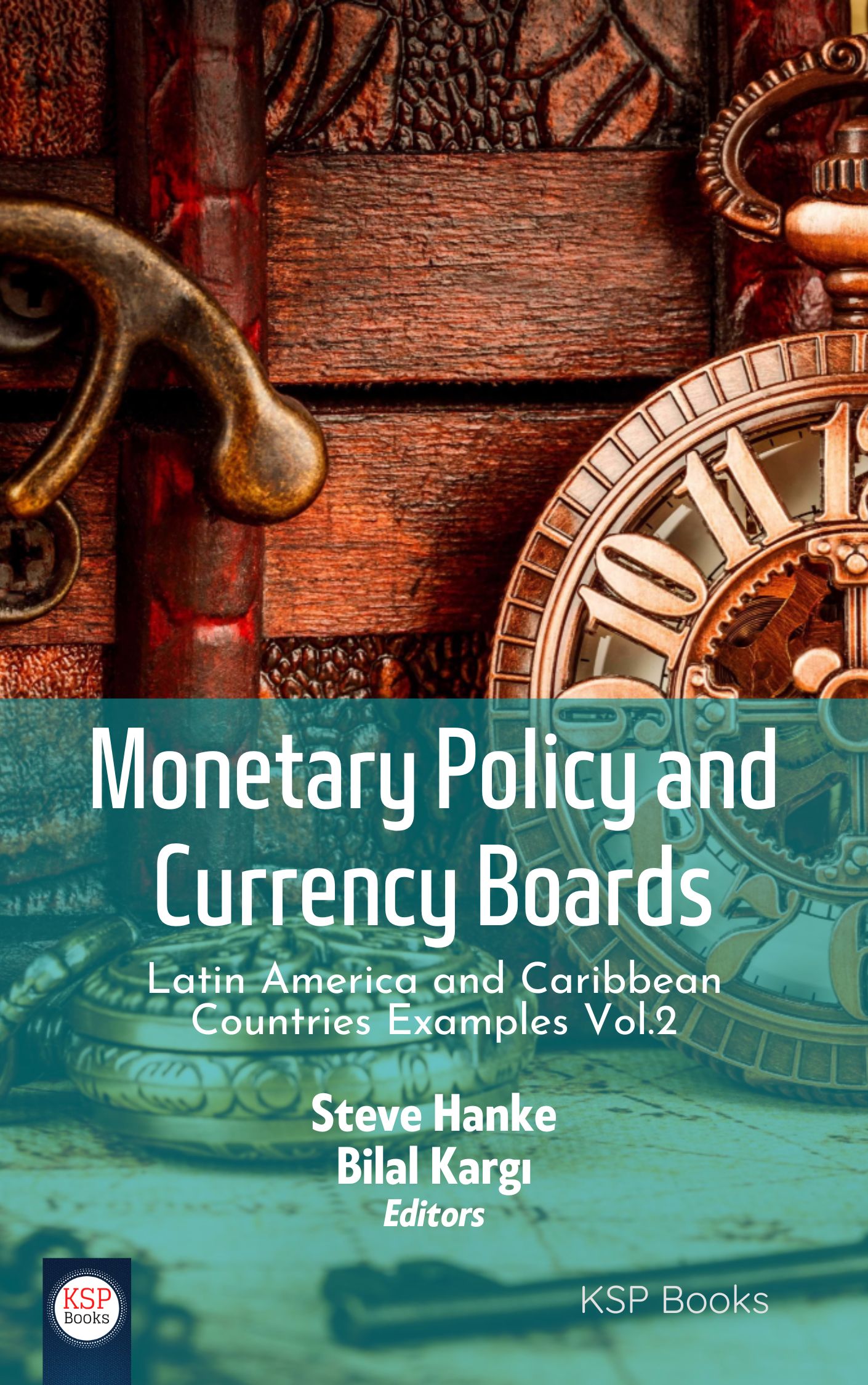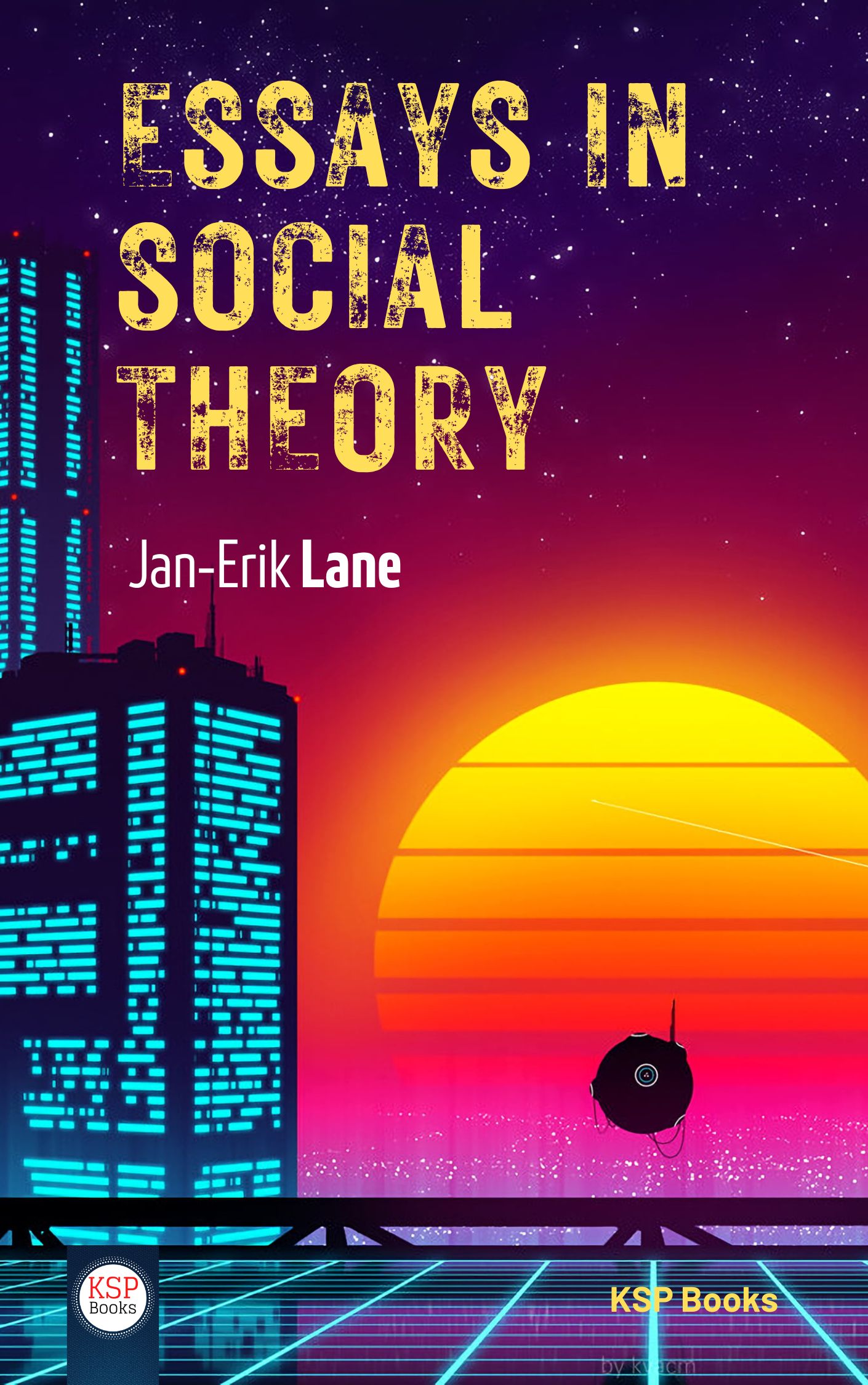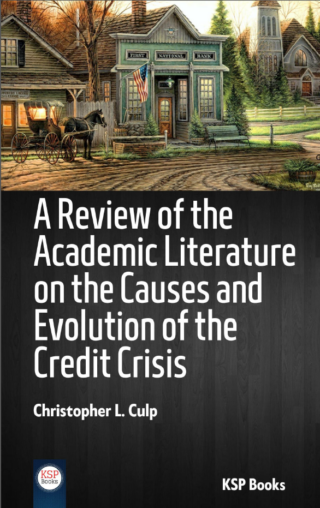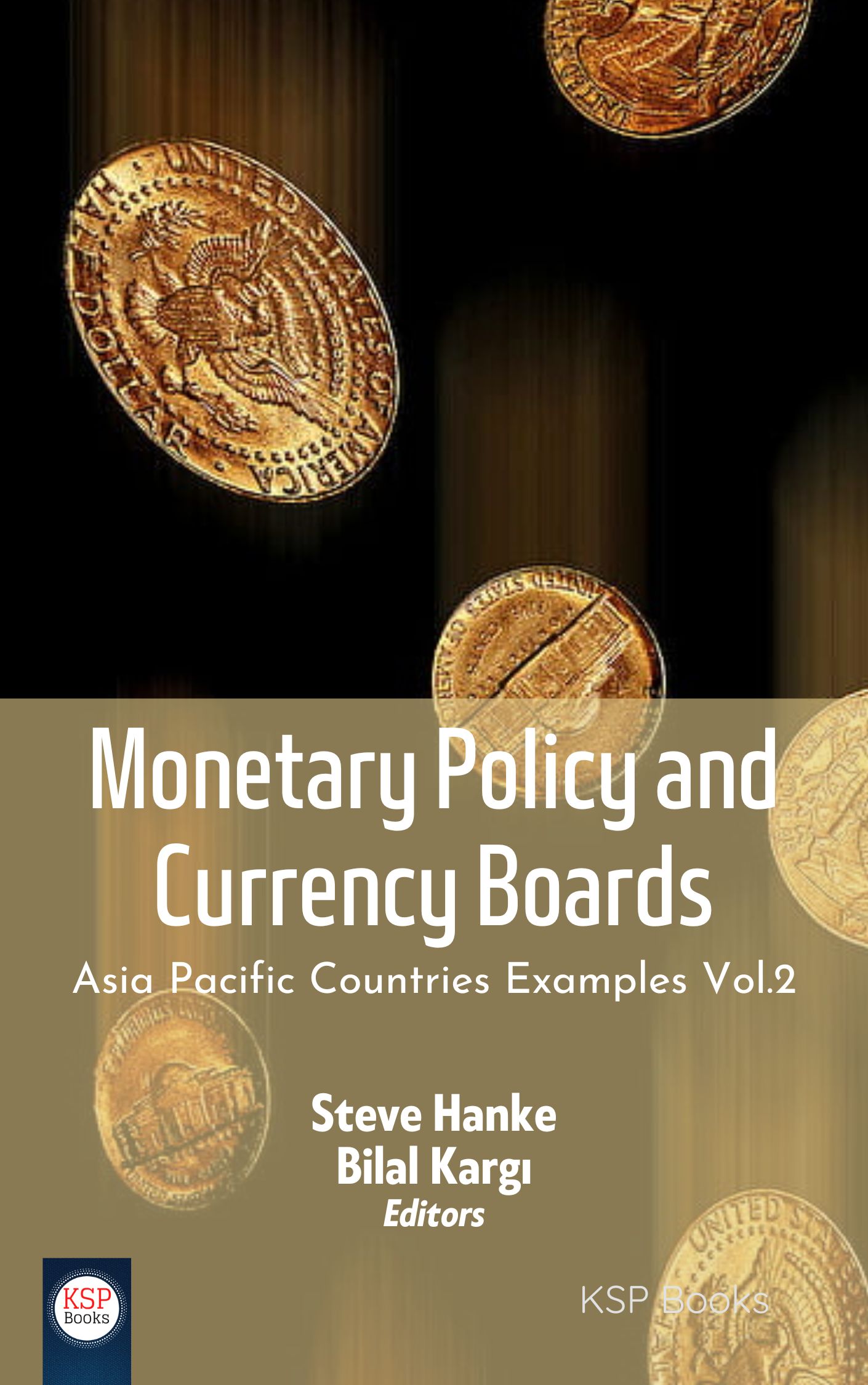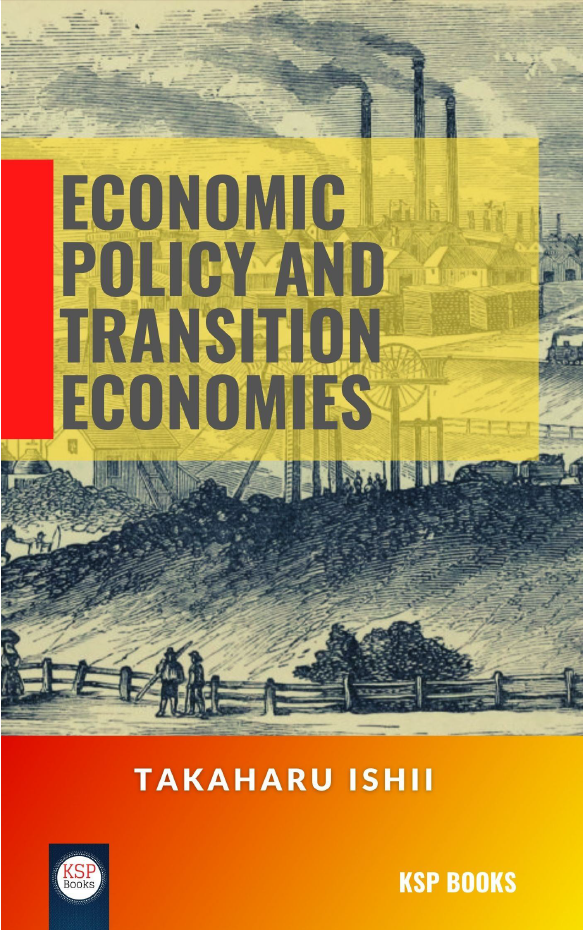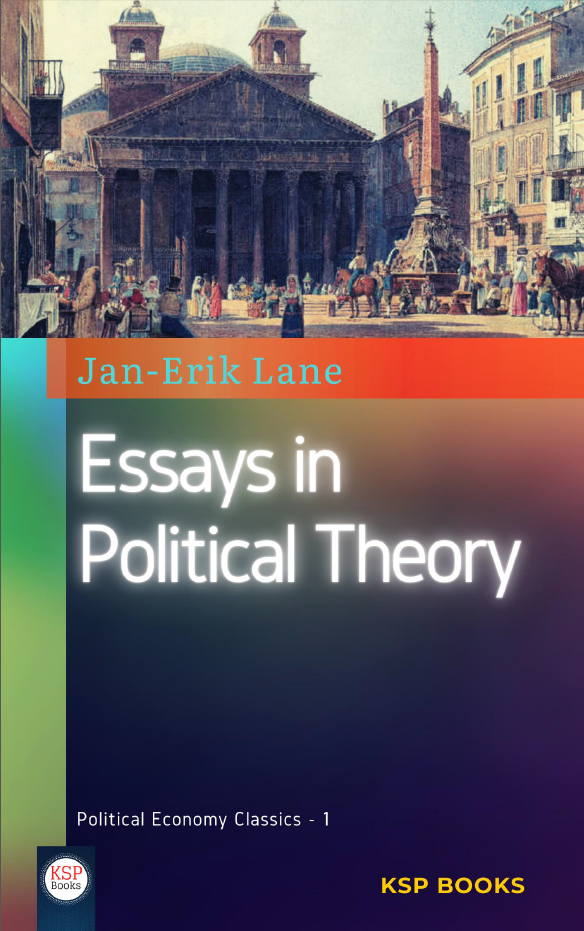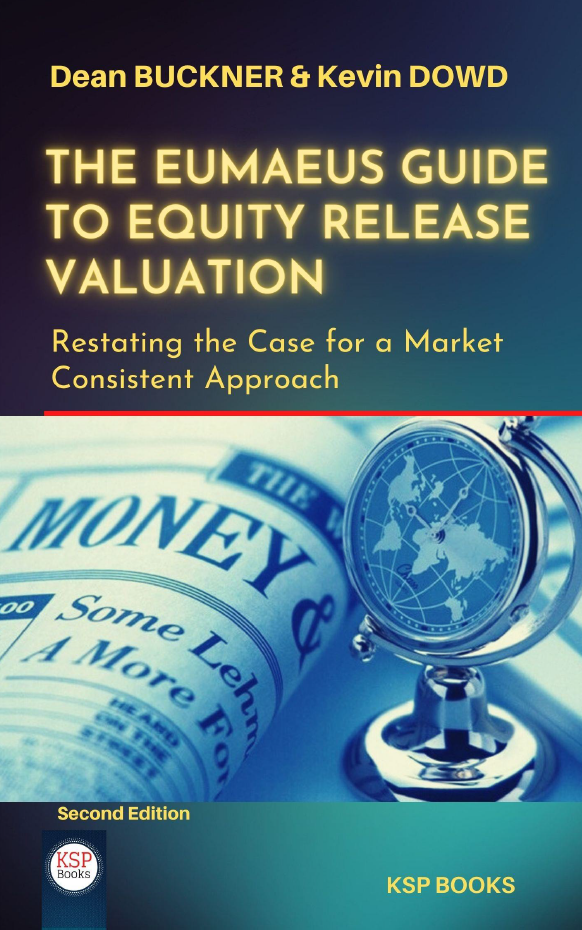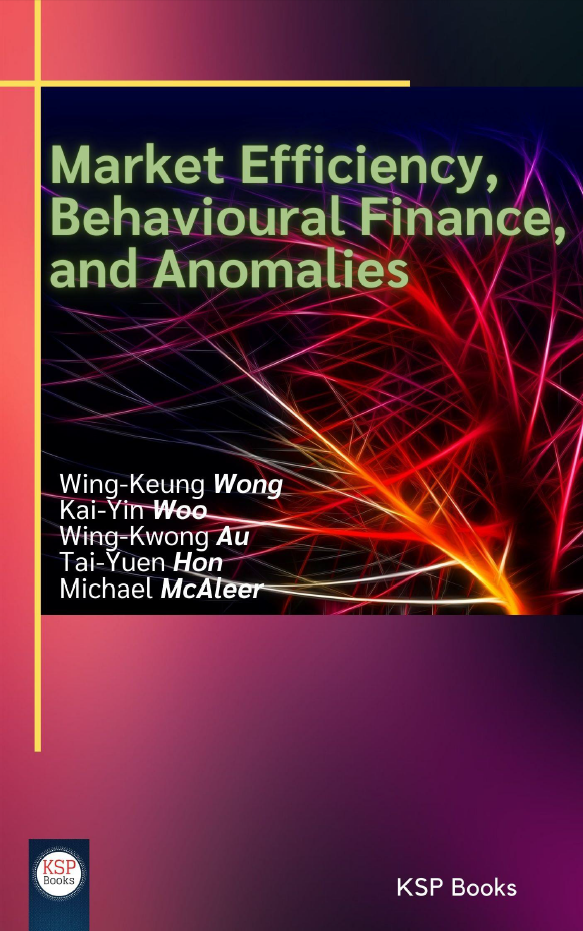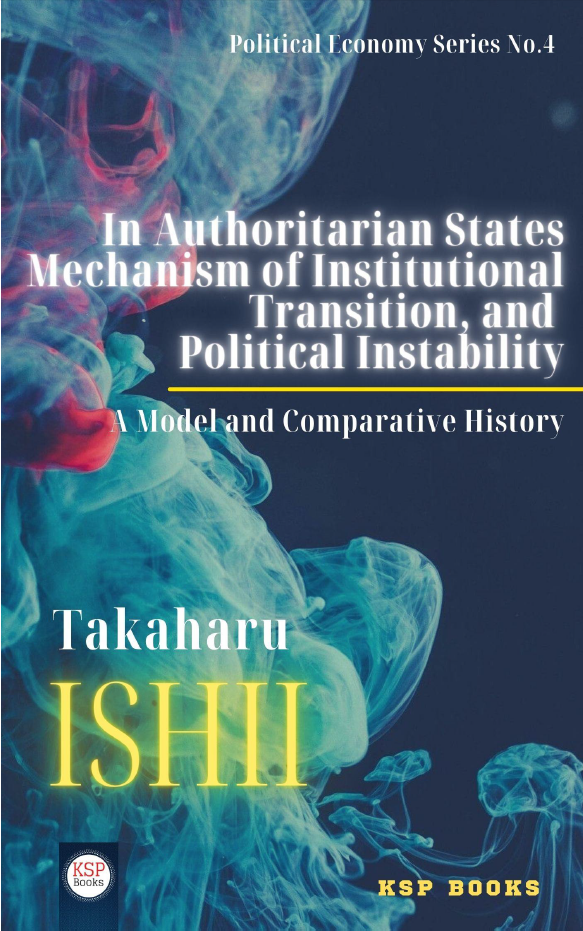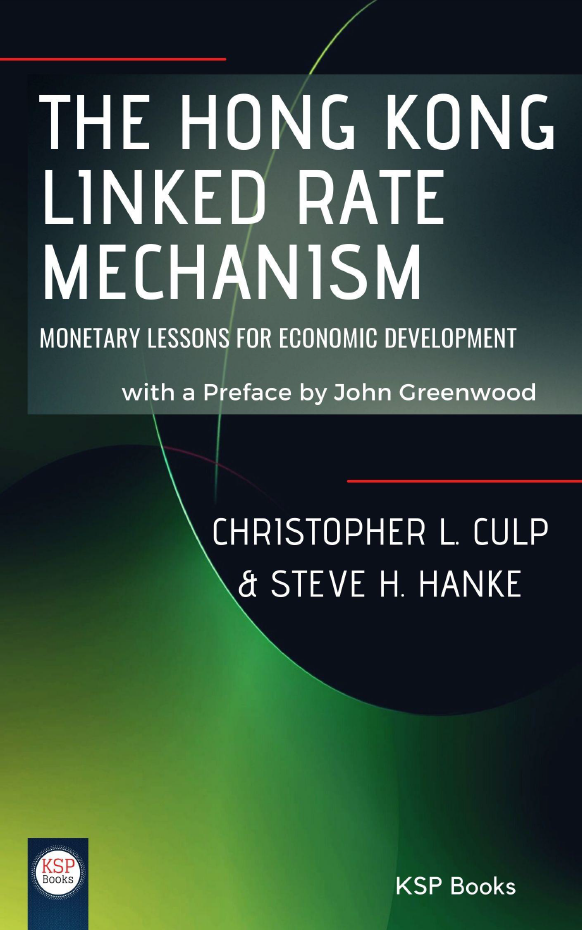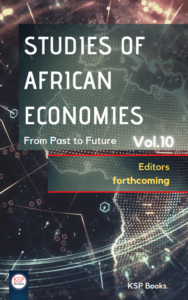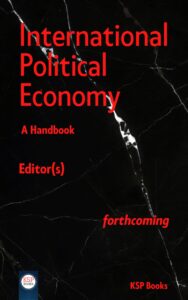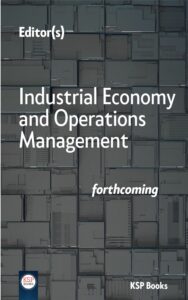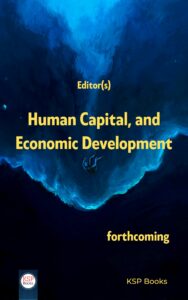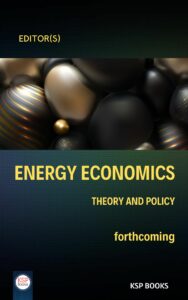Marlina Flassy
Papua Institute for Science and Technology/LIPTEK-Papua
e-ISBN: 978-605-7736-60-4
Publishing Date: December 15, 2019
File Size: 5,686 MB
Length: xxii + 356 (PDF)
Language: English
Dimensions: 13,5 x 21,5 cm
 This Book is completely open access. You can freely read, download and share with everyone.
This Book is completely open access. You can freely read, download and share with everyone. 
Praise to God who has given me wisdom and knowledge and strength, so that I can finish this dissertation with time and of God’s plan. As the author, I realised that in writing this dissertation, of course, there are flaws in it, so I readily accept all criticisms and constructive suggestions from various parties to repair this thesis so that it better meets scientific writing.
On this occasion, I would like to say that this dissertation could only be realised through the moral and material support from various parties. Firstly, I want to thank Prof. Dr. Brigitta Hauser-Schäublin as the first supervisor and Prof. Dr. Michael Mühlenberg, as the second supervisor, who have both given time and energy to guide and direct the author to finish this dissertation. I would like also like to thank Prof. Dr. Elfriede Hermann very much to for the motivation and support she has provided as well as time for discussion of the writing of this dissertation. In addition, I also thank Prof. Dr. Brigitta Hauser- Schäublin, Prof. Dr. Michael Mühlenberg and Prof. Dr. Elfriede Hermann in their roles as the thesis committee who read and provided an assessment of this dissertation
I could study at the University of Göttingen because of the financial support provided by the Government of Indonesia. I would like to take this opportunity to give my thanks to the Ministry of Education of Indonesia, especially the Directorate General of Higher Education (DIKTI). I also thank the head of Georg-August University of Göttingen, and especially Prof. Dr. Brigitta Hauser-Schäublin, who helped me with this project so that I could get money to continue to live in Gottingen and finish my study. I express my gratitude to the leadership of the University of Cenderawasih who gave me the opportunity to continue my studies, in particular to Samuel J. Renyaan, M.Sc and Dr. Margaretha Z. Pangau for all their help, so that I could continue my studies in Göttingen.
Through this wonderful opportunity, I also express thanks to the Government of Papua Province, the Government of West Papua Province and the Government of South Sorong regency, especially the Government of the Teminabuan District and the District of Sawiat for all the support that has been given to the author for study and research. The same acknowledgements are also presented to the leadership of Sawiat Health Centre, Teminabuan Health Centre and the Director and all the staff of Scholoo hospital who provided data to me.
I also thank the heads and all the people living in the villages of Sawiat, Sadrofoyo, Wenslolo, Klaogin, Meriba, Seribau and Kikiso who have taken part in my study as informants. Furthermore, I am very grateful to the key informants who patiently provided me with all the data that I needed for the writing of this dissertation. Furthermore, I would like to give my thanks and appreciation to the Mr. Wilhemus/Woun Kalilie (deceased), Woun Mbolhoq, Wonfi Kollonggia (deceased), Lince Segetmena(deceased), Mr. Woun Mbolhoq, Woun Wafotolo, Mr. Nico Krenak, Mr. Elly Sesa, Mrs. Waelaruno and Mrs. Subae.
In addition, I would like to thank Dr. J. R. Mansoben, Dr.Steptinus Saa, M.Si (Dean of Fisip UNCEN) and the late Dean of Fisip UNCEN Naffi Sanggenafa, MA. who supported me both financially and mentally during my study in Germany. Similarly, my gratitude goes to the late Drs. Barkis Suraadmadja, was a colleague in the Anthropology Department of Cenderawasih University. Healways motivated me to continue and finish my studies. Thank you so much to the late Mecky Wasfle, M.Pd. who always supported and motivated me to continue my study. I also express my gratitude to the family of Agus Momoth who invited me to stay in their home during the early research in Teminabuan. I would like to thank my friends Wigaty Dyiah Prasasti, I Wayan Suyadnya, Serena Müller, Miriam Sanmukri, Meike Rieger, Anna Grumblies, Sophie Strauss, Oliver Lueb, Aditya Eggert, Anne Splettstößer, Arnika Peselmann, Reni, Eileen, Christin, and all other friends in Göttingen who helped me with all the support, both materially and morally. Anna Grumblies, Meike Rieger, Miriam Sanmukri and Serena Müller acted as my tutors over the years and I am grateful for their support and commitment. I am very grateful to my friend Dr. Dianne van Oosterhout who took the time and energy to give thought to my dissertation, discuss it with me and improve my English writing before I submitted the entire dissertation to the university. I also thank Victor Simbiak, herbalist, at Papuan University in Manokwari, for help identifying the Latin names of plants presented in this dissertation.
Finally, thank you to Femi, Afie, Yuli, Yosias Gandi and family, Rose, Adel, Lani, Uli and all my friends and all priests in our church who prayed together with me, Last but not least, I want to express my deepest gratitude to my family: to my brothers Don, Daan, Wolas, Yusak and Ruland, and my sisters, Jull, Bitha, Sri, Nelly, Ketty, Lince, Jubelina, Juli, Frida, Elis and Sance and my nephews Rio Flassy, Samuel, Toror, Steven, LammyJemmy, and also my nieces Olga, Martha, Rosa, Hilda, Yokbet and Betty. Thank you for all your prayers and financial support you gave me to complete the study.
Hopefully this dissertation can provide benefits for public health development in Papua and those who need to study medical anthropology.
List of Figures
List of Tables
Chapter I
Introduction |
State of medical anthropology research in Papua
Research questions
Theoretical approach
Methodology of research
Structure of the Book
Chapter II
General description of the research |
Research location
Demography, settlement patterns and languages
Education system
The socio-political and economic situation
Religion
Chapter III
Concepts of the body, pain and disease |
Introduction
The Person and the organisation of the body and its three major parts
The outside and inside of the body
Pain and disease “Ni qanyi”
Conclusion
Chapter IV
Illness, disease and healing in the popular sector |
Overview of the popular sector and its main categories of actors
Symptoms of illnesses and diseases
Types of illnesses and diseases
Causes and treatment of the illnesses and diseases
Conclusion
Chapter V
Diseases and healing in the folk sector |
Overview of the folk sector and its main actors
Classification of healers
Causes of diseases
Healing of diseases
Combining different forms of disease treatment
Conclusion
Chapter VI
The professional sector |
Overview of the health care system in Indonesia in general, and in Papua
The professional sector and formal medical formation in Indonesia
The organisation of the health caresystem in West Papua Province and South Sorong Regency: institutions, funding, organisation and functioning
HIV/AIDS and the ‘culture of shame’ in Papua
Experiencing the professional sector
Factors determining the patient’s choice between the professional sector and the folk sector
Conclusion
Chapter VII
Conclusion of all the chapters |
Medical pluralism and the way the Tehit make use of it
Recommendation
Appendix
References
Marlina Flassy
Papua Institute for Science and Technology/LIPTEK-Papua
The author, Marlina Flassy, was born born in Seribau Village, Teminabuan District, West Papua, March 15, 1968. Her daily work is a lecturer in Anthropology, Faculty of Social and Political Sciences at Cenderawasih University. Marlina started her lecturer career since 1996, structural positions held during her work were as Chair of the Department of Anthropology, Assistant Dean I of the Faculty of Social and Political Sciences, Cooperation Coordinator between Cenderawasih University Jayapura Papua and Georg August Goettingen University in Germany, and also held a number of other structural positions in Cenderawasih University. Marlina’s career is supported by comprehensive education, namely: elementary, junior high, high school graduated in Jayapura city as a barometer of education in Papua, then completed her undergraduate degree in Anthropology in the Department of Anthropology, Faculty of Social and Political Sciences, Cenderawasih University, Jayapura 1995, S2 (Master) with an M. Hum from the Department of Anthropology, Faculty of Cultural Sciences, Gadjah Mada University, Yogyakarta 2002, and S3 (Ph.D.) from the Department of Ethnology at the Faculty of Social Sciences, Georg August Goettingen University, Germany 2015. As a researcher, Marlina was awarded as a Young Community Care Researcher from the Ministry of Research and Technology of the Republic of Indonesia in 2004. Her seriousness in raising gender issues that raised the issue of children and women in Papua made her crowned by the Jayapura City Government through the Jayapura City Women’s and Children’s Empowerment Service, Papua with an award as the Achievement Image of Papuan Women’s Charisma in 2004. Her love for gender issues has led to her being the coordinator of the Cenderawasih University’s Center for Gender and Child Studies (PSGA) (2019-2023). Before becoming a lecturer Marlina, by the Arts Council of Irian Jaya (DKIJ); had been assigned an ethno-cinematography internship at the Department of Ethno-cinematography, the Faculty of Social Sciences, State University of Leiden the Netherlands in 1992. Marlina once wrote The ethnographic book of the Mooi tribe in Sorong Regency (Etnografi suku Mooi di Kabupaten Sorong), the Ansus Ethnography in Yapen Waropen District (Etnografi Suku Ansus di Kabupaten Yapen Waropen), and the Ethnographic of the Napan-Wainame Tribe in Nabire Regency (Etnografi Suku Napan- Wainame di Kabupaten Nabire), which was published in Series I and II of Papua Ethnography in collaboration with the Cenderawasih University and the Regional Planning Agency (Bappeda) of Irian Jaya Province. (Papua) in 1995/1996. Marlina also translated the book Etnos cycle of popot party at the Meybrat (Etnos siklus pesta popot Meybrat) by John-Erik Elmberg (Englih translation into Indonesian), another book written was Fully Roads Honoring Children and Women in Papua Province (Jalan Terjal Memuliakan Anak dan Perempuan di Provinsi Papua) 2019. Currently Marlina is presenting a numbers books amongothers Traditional Treatment System in the People’s Community in West Papua Province (Sistem Pengobatan Tradisional Pada Masyarakat Tehit di Provinsi Papua Barat,), the Marriage System in the Maybrat Community in West Papua (Sistem Perkawinan Pada Masyarakat Maybrat di Papua Barat), the Gender Equality Deficit in the Province of Papua and the Health of Women and Children in the Province of West Papua (Defisit Kesetaraan Gender di Provinsi Papua dan Kesehatan Perempuan dan Anak di Provinsi Papua Barat), etc.
Related EconPedia Items




